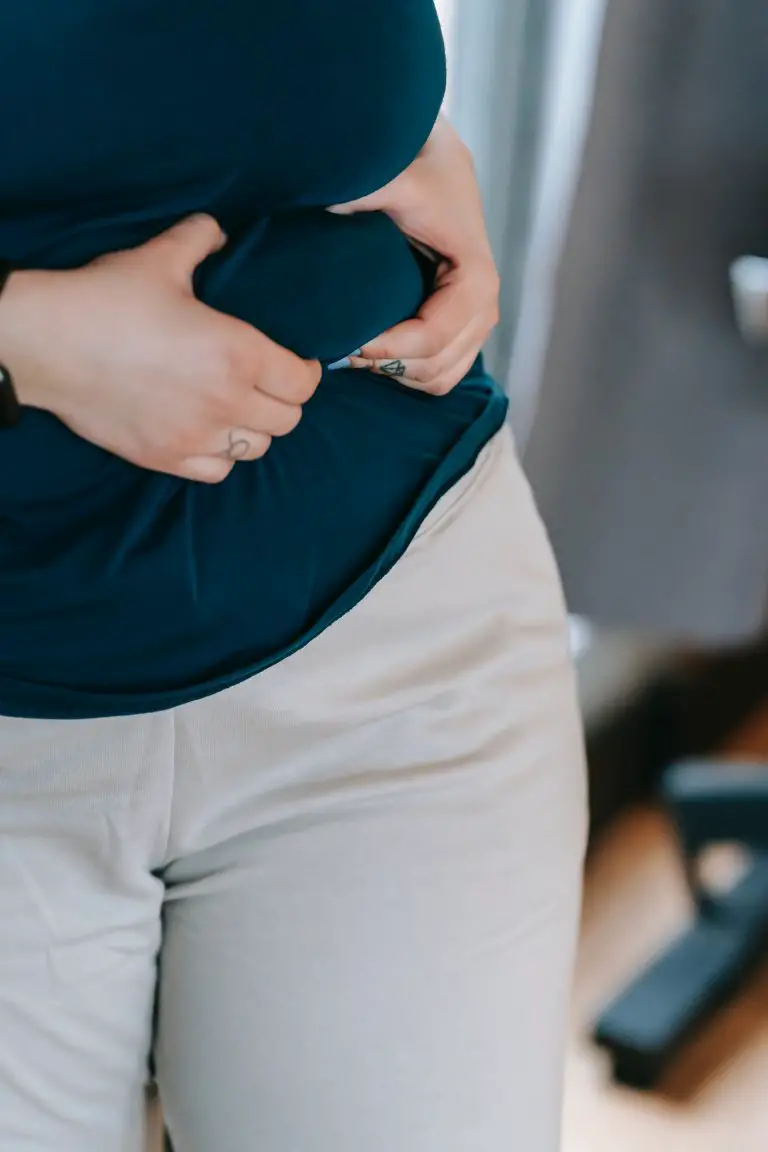How to develop Habits and routines that stick
Our life consists of habits and routines that we repeat throughout our lives.
It is important that we stop every once in a while to evaluate our routines and habits and decide which ones are worth keeping, when to form a new habit/routine and when to break bad habits
We are constantly making effort to make new habits but the thing is that it is difficult to maintain new-formed habits in their early stages mainly because we are going about it wrongly.
Today, we will be discussing how habits are formed and how to create new habits that will stay with you for life.
I used to make the mistake of interchanging habits for routines in my mind until I learned that habits are things that you do almost unconsciously without any planning or thought e.g putting on your seat belt, brushing your teeth, etc. It feels odd if you don’t do them.
Routines however are not as ingrained as habits. Routines are deliberate, conscious actions that you take to complete a task. Once a behavior or set of behaviors happens with little or no thinking, then it is a habit not a routine anymore.
It roughly takes 21 days for our brain to register a new habit and 60-100 days before it becomes an automatic habit.
Understanding how some behaviors become ingrained habits will help us in forming new good habits and breaking old habits that are not benefiting us.
How habits are formed
As human beings, we form habits based on a 4-point process which includes:
- Cue
- This is a trigger which can be visual, touch, sensory, memory, etc.
- Craving
- We then remember why we want to perform an action and its reward
- Response
- Here, delibrate action is taken physically or mentally
- Reward
- This is the satisfaction we get after doing an act
Using the above points, let me give an example:
Example 1: We wake up in the morning and we see our brush or remember to brush (cue), we then remember why we need to brush subconsciously (craving), we then pick up the brush and brush our teeth (response) and lastly, it feels good to have a clean mouth and fresh breath (reward)
Example 2: You remember your mom (cue), we remember the emotion and love as we remember her (craving), we then pick up the phone and call her (response), after speaking for about an hour, the call is done and you feel happy (reward)
From these examples above, I think you understand how habits become part of us and we perform them automatically. When we feel satisfied and rewarded by them and vice versa.
On the other hand, if after the reward we don’t feel like it is worth the trouble, we will probably not do it again or will be reluctant to do it again, and if it hurts us, we will avoid it.
Now, how can we train our brain to automatically start some beneficial rewarding routines so that they become a habit? Here is how you should do it:
Steps to forming a habit routine
Be sure of your whys – Make sure you are firmly committed to forming the new habit and always be reminded of its benefits.
Break down the habit into smaller bits – This is more important if it is a complex habit like eating healthy. Breaking down the habits into little actionable steps will help you master that routine into a habit faster and successfully.
Start as small as possible – Begin at a point where the effort is very little every day and gradually increase it across the 90 days while alternating more difficult parts with easier parts
Make a practical & convenient plan-Plan for the new routine and include it into your daily plans in a natural and practical manner. Don’t inconvenience yourself for the sake of this new habit or it won’t stick
Keep at it for 90 days – 21 days is what your brain needs to identify and get familiar with a new habit. You will need to keep going for about 70-100 days depending on your success rate with the new habit.
Identify & tackle your triggers – There is always a thing or two that is tempting you away from forming this new habit. You need to identify it and minimize or eliminate your trigger as soon as possible
Attach your new habit to another established one: This makes forming a new habit easier e.g Snaking on some fruit while watching your daily TV routine, reading a page from your book after breakfast, etc.
Set milestones and review your progress -You will probably need a habit tracker or some notes to properly review and evaluate your efforts and performance. Make amends if things are not going as they should.
If you missed, get back on track immediately – When you miss a day, get back on it the next time and do not slacken the next time because it will become harder every day to get back on it
Don’t be too strict with yourself– If you are too harsh on yourself and make the routine too difficult, you are probably not going to continue the routine for the 100 days. If you miss a day, it is ok. Accept it as part of trying and move on immediately.
Reward yourself – Set little rewards for yourself across the 90 days maybe every 30 days of successfully doing the habit without fail. This will make your brain love the habit even more.
Make no excuses – When it comes to making new habits, there is no space for procrastination, excuses, rationalizations, etc. If you say you will do it every day, do it every day. You will feel proud of yourself and it will boost your esteem
Get an accountability buddy: For some habits such as eating healthy, an accountability partner can help you stay on course and motivated through out the 90-day period.
Have fun with it – Don’t make forming a habit this tiring, difficult, and dreadful task. I would like to believe you are putting this much effort into making good beneficial habits so have fun with it. Enjoy the process and you will not even notice the 90 days pass.
Final thoughts
Being healthy is hip again and as we try to be more productive, happier, more successful, healthier, etc. We will need to keep forming new good habits that will take us there.
It is the things that we do everyday that decide our future. Remmeber that.
I hope I have broken it down for you to digestible bits and practical actionable steps that will carry you through your 90-day habit formation period. You can learn more about forming new habits on Better Up.
I wish you the best in your efforts. Have a nice day.





